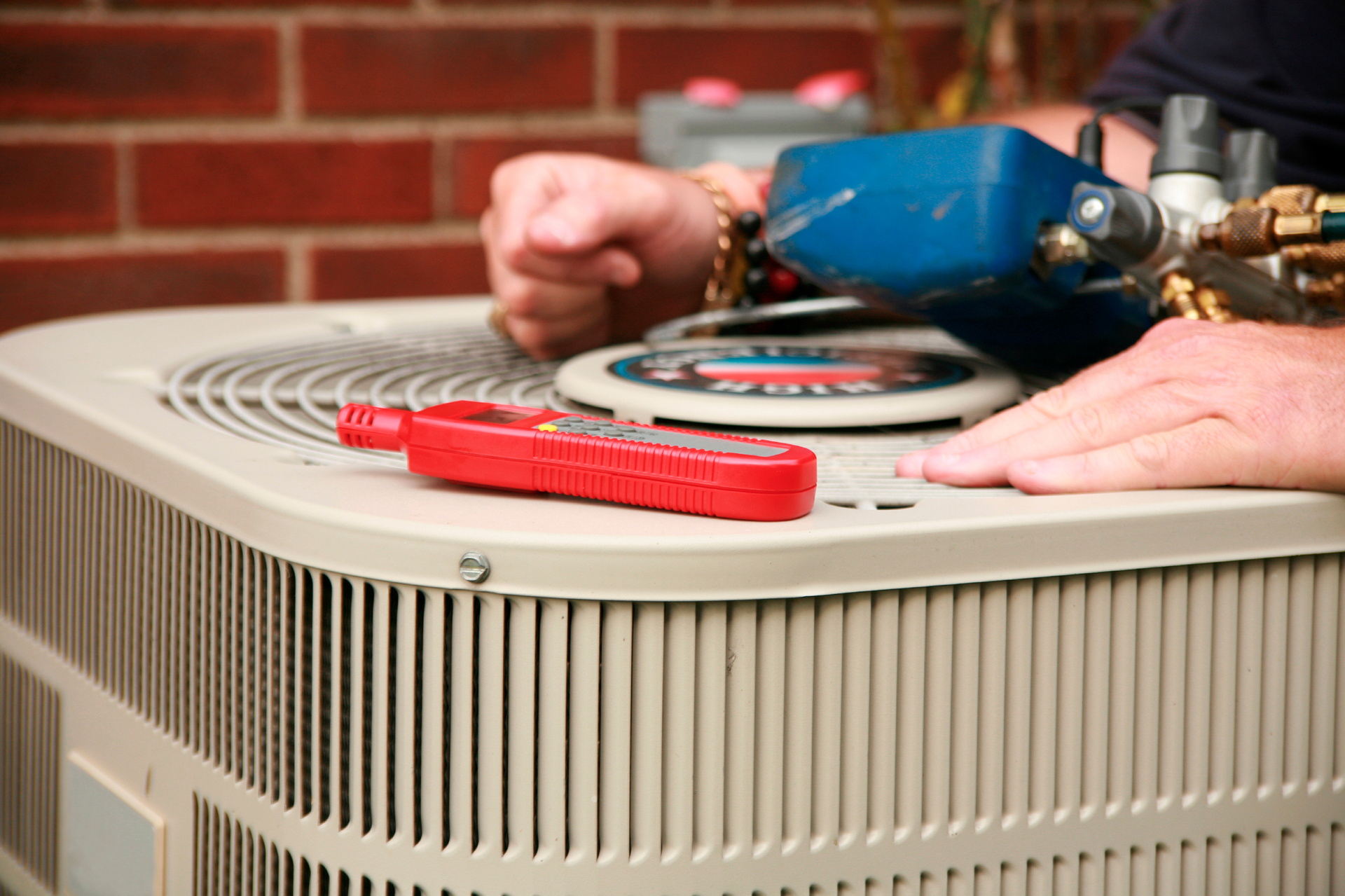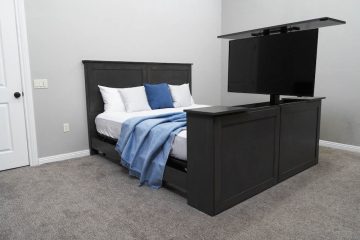Homeowners know the importance of an HVAC system. They need this system to keep their houses at comfortable temperatures. However, these units don’t last forever. They need regular maintenance and repair to perform optimally. How can an owner know if the heat pump needs repair? Watch for the following signs.
Unit Won’t Turn On
If the unit won’t turn on, the thermostat may be faulty, or the unit may have a bad capacitator. Low refrigerant levels or any blockage around the unit can cause the same issue. The compressor may be bad if the unit does not turn on when it is hot outside. Most homeowners find repairing a broken heat pump is not a task they can do, so they need to call in professionals to ensure the work is done correctly.
The Unit Won’t Operate
The unit may turn on but not run. Several things can lead to this issue. Check the emergency shut-off switch to confirm it is on. If this is not the problem, it may be a blown fuse or circuit breaker or a broken capacitor or contactor. The control module is the unit’s brain. If it malfunctions, the unit won’t run. A faulty relay, bad cable, or damaged wiring might also be the reason behind the system failing to operate.
No Blower
The unit may run, but the indoor fan or blower doesn’t work. For safety reasons, the limit switch turns off when the system overheats. If the switch is on but stuck or faulty, the blower or fan also won’t work. However, the thermostat may be causing the issue, so an HVAC tech is needed to check the system and find the problem.
Short-Cycling
When the unit turns on and off frequently or runs constantly but never reaches the set temperature, it is short- or long-cycling. The outside unit may be overheating, or the thermostat may not be appropriately calibrated. Call a professional to inspect the unit, as short- and long-cycling can lead to high energy bills and wear and tear, leading to early repairs.
High Energy Bills
Cycling issues are only one cause of high energy bills. A refrigerant leak can cause the electricity bill to go sky-high. Older systems use more energy, and dirty and clogged components force the system to work harder. An HVAC tech can resolve these issues.
Unusual Noises
Heat pumps make certain noises when operating. However, some noises should never be heard from this unit. Squealing and grinding indicate a problem with moving parts while rattling noises suggest something has come loose. A popping noise indicates debris in the system and must be removed to prevent damage.
Fluctuating Temperatures
Certain rooms in the home may not cool or heat properly. There is a noticeable difference when moving from other parts of the house to this room. There may be a leak in the ductwork or an obstruction preventing treated air from reaching the room. Zoning issues could be to blame, or the system may have a refrigerant leak and need repair.
Outdoor Unit Freezes
In colder climates, outdoor units accumulate frost or ice in the winter. However, the unit completely freezing is not normal. Call a technician to check the refrigerant levels. The unit may be low on refrigerant. If that’s not the problem, the airflow may be blocked, or the defrost cycle might not work. The technician will determine which repair is needed to get the system working again.
If any of these signs are seen, call for a repair immediately. Prompt action prevents additional damage to the system and more costly repairs. With regular maintenance and repairs, homeowners can ensure their systems perform optimally while extending the lifespan of these units.




